The Best Organic Fertilizer For Vegetables:
The Best Organic Fertilizer for Vegetables
Growing your own vegetables is a great way to save money, eat healthier, and get some fresh air and exercise. But in order to get the best results, your plants need the right nutrients. That's where organic fertilizer comes in.
Organic fertilizers are made from natural materials, such as animal manure, compost, and fish emulsion. They're a great way to feed your plants without using synthetic chemicals.
There are many different types of organic fertilizers available, so it can be hard to know which one is right for you. In this blog post, we'll take a look at some of the best organic fertilizers for vegetables. We'll also discuss how to choose the right fertilizer for your needs.
What is Organic Fertilizer?
Organic fertilizer is made from natural materials that have been broken down by microorganisms. These materials include animal manure, compost, fish emulsion, seaweed, and bone meal.
Organic fertilizers provide plants with the nutrients they need to grow healthy and strong. They also help to improve the soil structure, which can help to retain moisture and nutrients.
Why Use Organic Fertilizer?
There are many reasons to use organic fertilizer in your vegetable garden. Here are a few of the benefits:
- Organic fertilizers are good for the environment. They don't pollute the water or soil, and they're not harmful to wildlife.
- Organic fertilizers are better for your plants. They provide the nutrients that plants need in a form that they can easily absorb.
- Organic fertilizers help to improve the soil structure. This can help to retain moisture and nutrients, which can lead to healthier plants.
How to Choose the Right Organic Fertilizer
When choosing an organic fertilizer for your vegetable garden, there are a few things you'll need to consider:
- The type of vegetables you're growing. Some vegetables, such as tomatoes, need more phosphorus than others.
- The stage of growth your plants are in. Young plants need different nutrients than mature plants.
- The condition of your soil. If your soil is already rich in nutrients, you may not need to add much fertilizer.
Once you've considered these factors, you can start shopping for an organic fertilizer. Here are a few of the best organic fertilizers for vegetables:
- Compost: Compost is a great all-purpose fertilizer. It's rich in nutrients and it helps to improve the soil structure.
- Manure: Manure is another great option. It's high in nitrogen, which is essential for plant growth.
- Fish emulsion: Fish emulsion is a liquid fertilizer that's high in nitrogen and phosphorus. It's a good choice for leafy green vegetables.
- Seaweed: Seaweed is a good source of trace minerals. It's a good choice for all types of vegetables.
- Bone meal: Bone meal is high in phosphorus, which is essential for root development. It's a good choice for root crops, such as carrots and potatoes.
How to Apply Organic Fertilizer
The best way to apply organic fertilizer depends on the type of fertilizer you're using. Here are a few general tips:
- Compost can be added to the soil at any time.
- Manure should be composted before it's applied to the soil.
- Fish emulsion can be applied as a foliar spray or watered into the soil.
- Seaweed can be applied as a foliar spray or watered into the soil.
- Bone meal should be worked into the soil at least two weeks before planting.
Conclusion
Organic fertilizers are a great way to feed your vegetable garden without using synthetic chemicals. They're good for the environment, they're better for your plants, and they help to improve the soil structure.
If you're looking for a way to improve the health and productivity of your vegetable garden, organic fertilizers are a great option. So get out there and start gardening!
Are you looking for the best organic fertilizer for your vegetable garden? There are many different options available, but some of the most popular include compost, manure, bone meal, blood meal, and worm castings.
The best fertilizer for your garden will depend on the specific needs of your plants. For example, leafy greens will need a fertilizer that is high in nitrogen, while tomatoes will need a fertilizer that is high in phosphorus.
To learn more about the best organic fertilizer for vegetables, visit Garden Wiki. This website provides comprehensive information about different types of organic fertilizers, as well as tips on how to use them effectively.
FAQ of best organic fertilizer for vegetables
- What is the best organic fertilizer for vegetables?
There are many great organic fertilizers available, so the best one for you will depend on your specific needs and preferences. Some popular options include:
* Compost: Compost is a great all-purpose fertilizer that can be used for a variety of vegetables. It is made from decomposed organic matter, such as food scraps, yard waste, and manure.
* Manure: Manure is another excellent organic fertilizer that is high in nutrients. It can be used fresh or composted.
* Blood meal: Blood meal is a high-nitrogen fertilizer that is good for promoting leafy growth. It should be used sparingly, as too much can burn plants.
* Bone meal: Bone meal is a high-phosphorus fertilizer that is good for promoting root growth. It is also a slow-release fertilizer, so it does not need to be applied as often as other fertilizers.
* Fish emulsion: Fish emulsion is a liquid fertilizer that is high in nitrogen and phosphorus. It is a good choice for foliar feeding, which means applying it to the leaves of plants.
- How do I use organic fertilizer for vegetables?
The best way to use organic fertilizer for vegetables will depend on the type of fertilizer you are using. However, there are some general guidelines that you can follow:
* Compost: Compost can be added to the soil at any time of year. It is best to work it into the soil before planting, but it can also be applied as a top dressing throughout the growing season.
* Manure: Manure should be composted before using it on vegetables. This will help to kill any harmful bacteria or parasites that may be present.
* Blood meal: Blood meal should be diluted with water before applying it to plants. This will help to prevent it from burning the leaves.
* Bone meal: Bone meal can be applied directly to the soil. It is a slow-release fertilizer, so you will not need to apply it as often as other fertilizers.
* Fish emulsion: Fish emulsion can be applied to the soil or as a foliar spray. It is a good choice for foliar feeding, as it can be absorbed quickly by the leaves.
- How often should I fertilize my vegetables with organic fertilizer?
The frequency with which you fertilize your vegetables with organic fertilizer will depend on the type of fertilizer you are using, the type of vegetables you are growing, and the climate you live in. However, a good rule of thumb is to fertilize your vegetables every 4-6 weeks during the growing season.
- What are the benefits of using organic fertilizer for vegetables?
There are many benefits to using organic fertilizer for vegetables, including:
* Improves soil health: Organic fertilizer helps to improve the structure and fertility of the soil, which can lead to healthier plants.
* Promotes plant growth: Organic fertilizer provides the nutrients that plants need to grow strong and healthy.
* Reduces the risk of plant diseases: Organic fertilizer can help to reduce the risk of plant diseases by improving the overall health of the plants.
* Is better for the environment: Organic fertilizer is better for the environment than synthetic fertilizers, as it does not release harmful chemicals into the soil or water.
Image of best organic fertilizer for vegetables
Compost is a great way to add nutrients to your soil and improve its drainage. You can make your own compost by collecting organic materials like leaves, vegetable scraps, and coffee grounds.
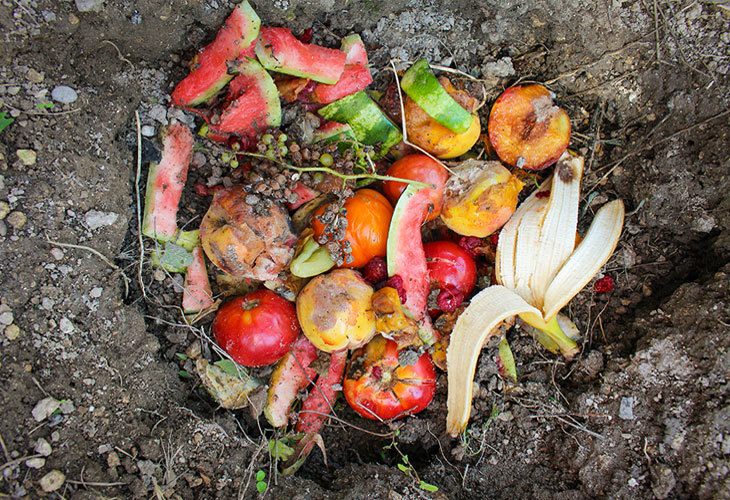
Manure is another great source of nutrients for your garden. You can use manure from cows, horses, sheep, or other herbivores.
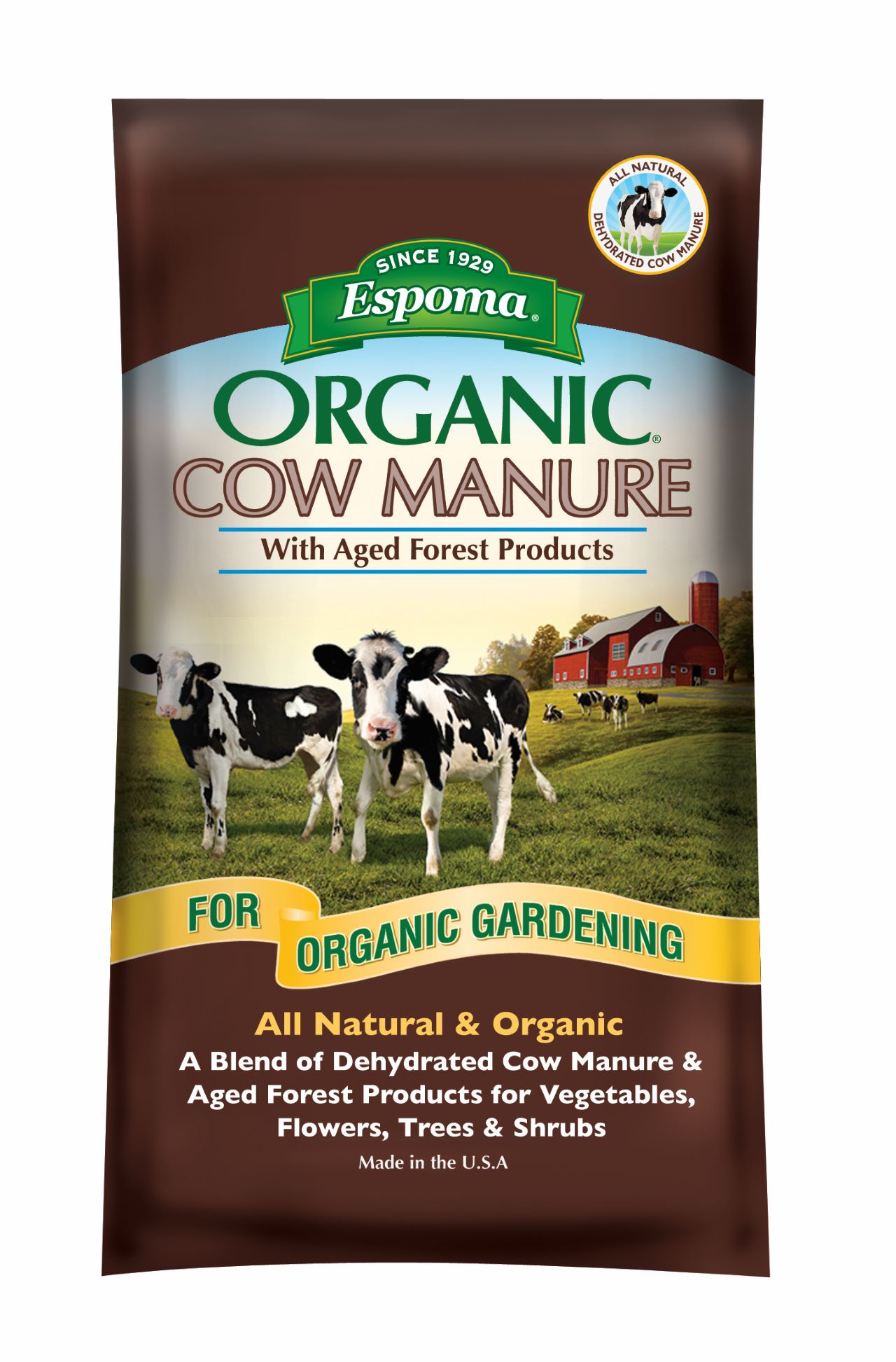
Bone meal is a good source of phosphorus, which is an important nutrient for plant growth. You can add bone meal to your soil before planting or side-dress it throughout the growing season.
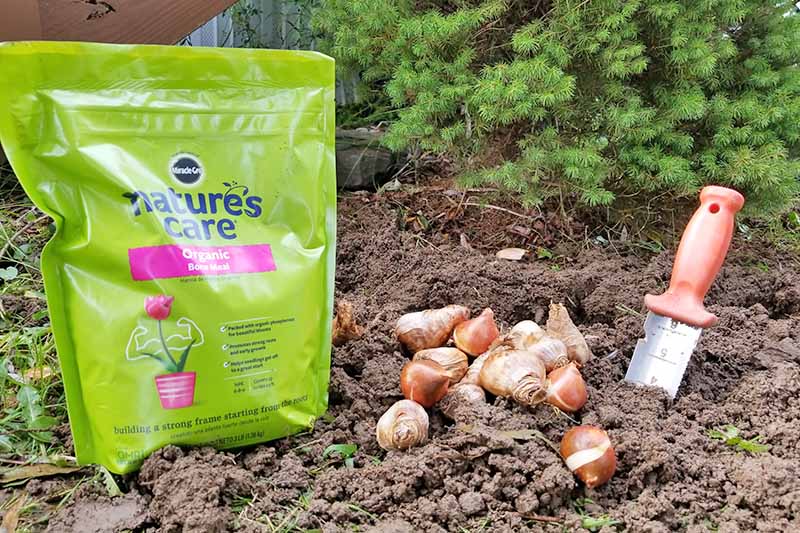
Blood meal is a good source of nitrogen, which is another important nutrient for plant growth. You can add blood meal to your soil before planting or side-dress it throughout the growing season.
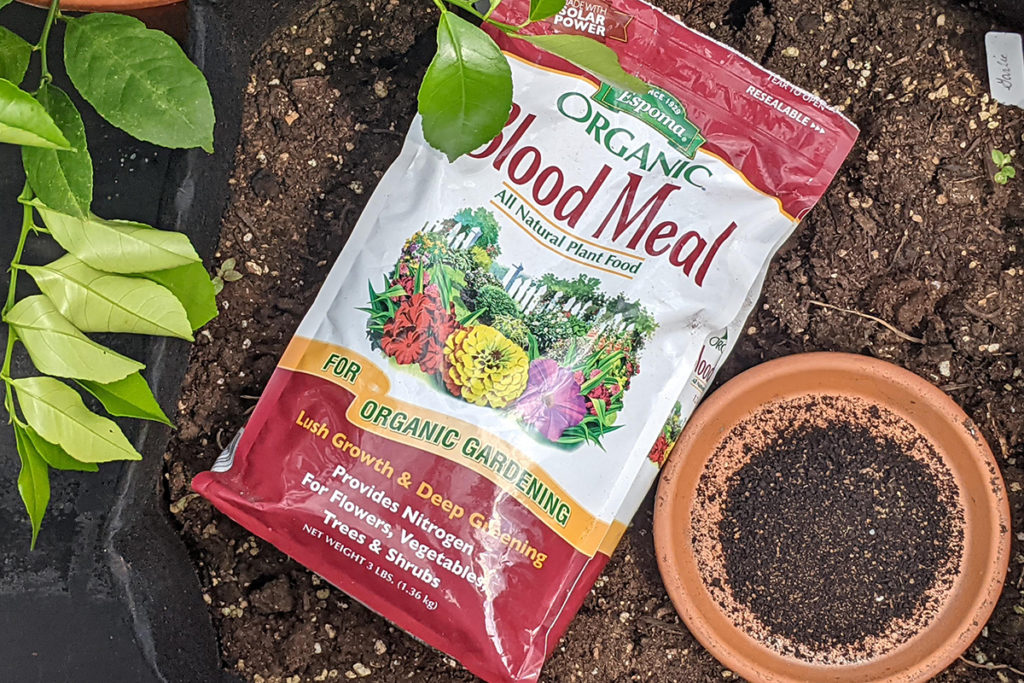
Worm castings are a great source of nutrients and beneficial microbes for your soil. They can help improve the drainage, aeration, and water retention of your soil.

Guano is a good source of nitrogen and phosphorus. It is made from the droppings of seabirds or bats.

Fish emulsion is a good source of nitrogen and other nutrients. It is made from the liquid parts of fish that have been processed.
Seaweed fertilizer is a good source of micronutrients and beneficial microbes. It can help improve the health of your plants and increase their yields.

Alfalfa meal is a good source of nitrogen, phosphorus, and potassium. It can also help improve the drainage and aeration of your soil.

Kelp meal is a good source of micronutrients and beneficial microbes. It can help improve the health of your plants and increase their yields.

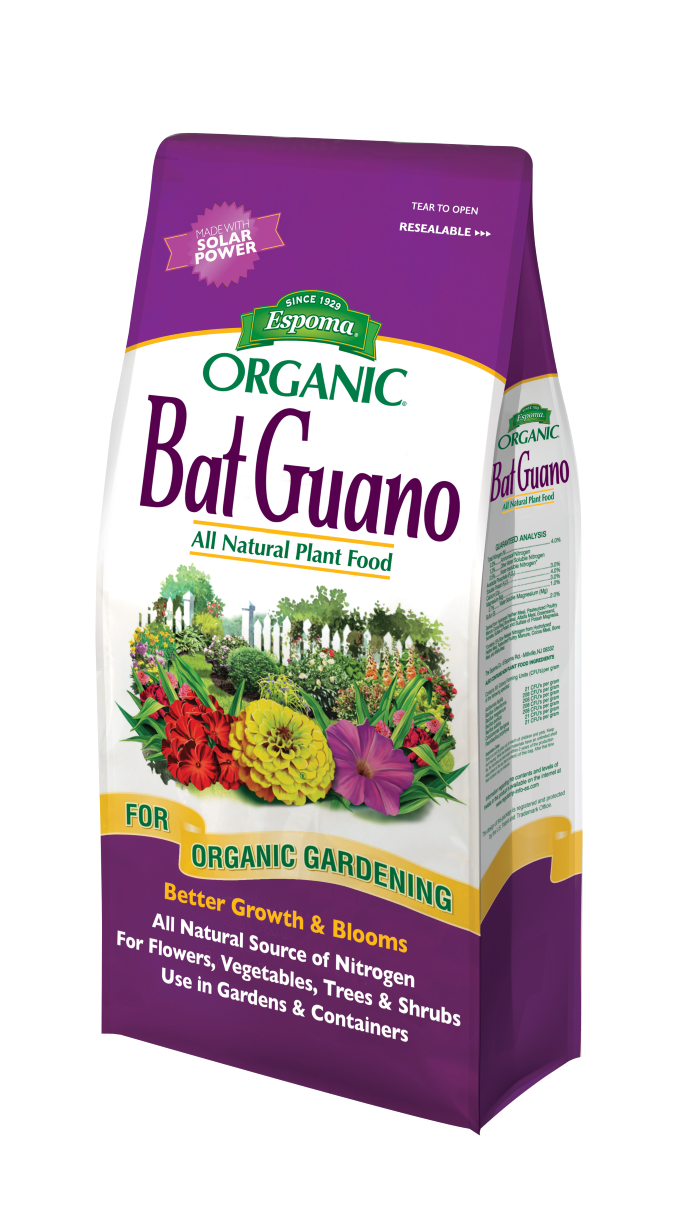


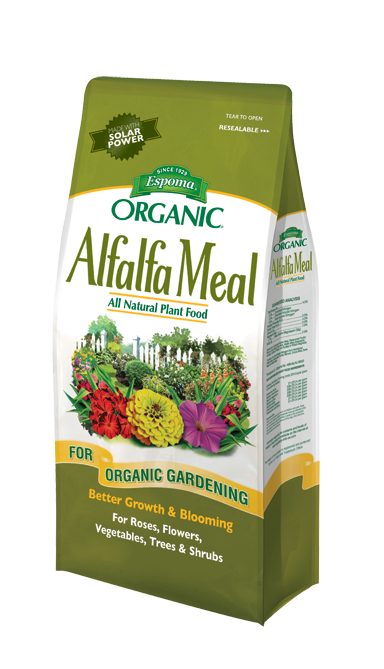

Post a Comment for "The Best Organic Fertilizer For Vegetables:"